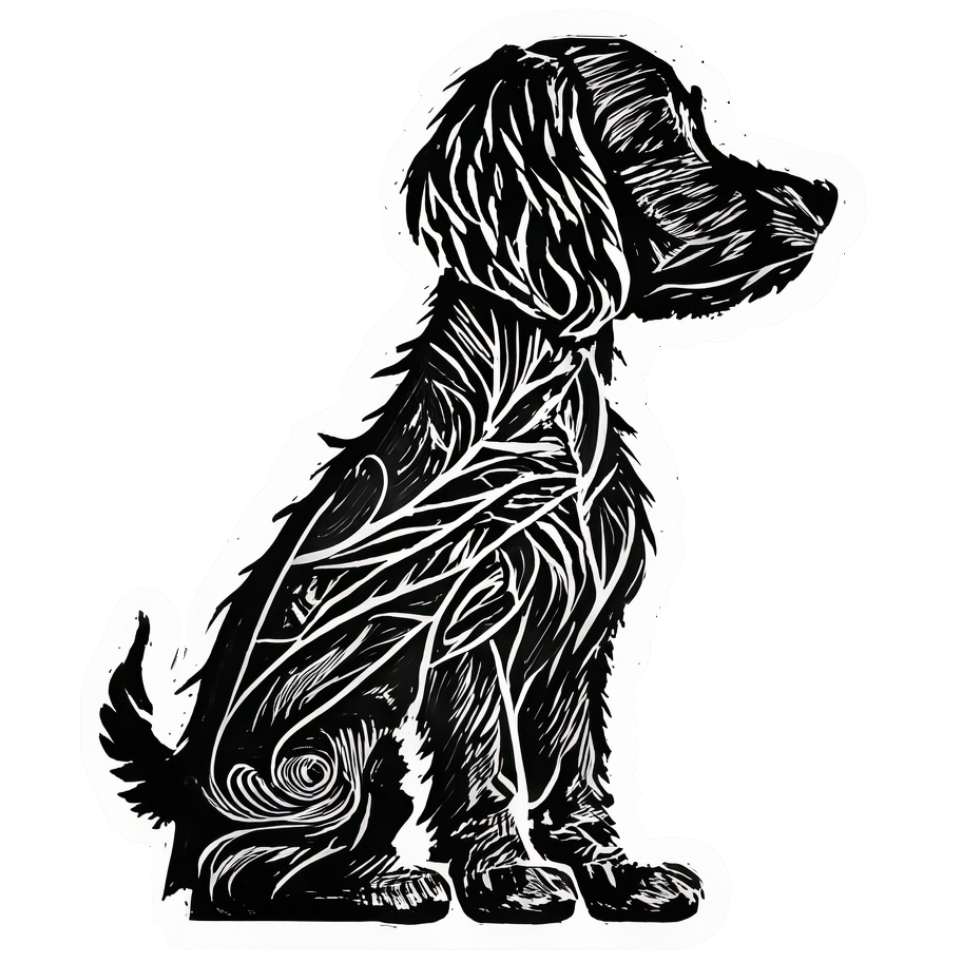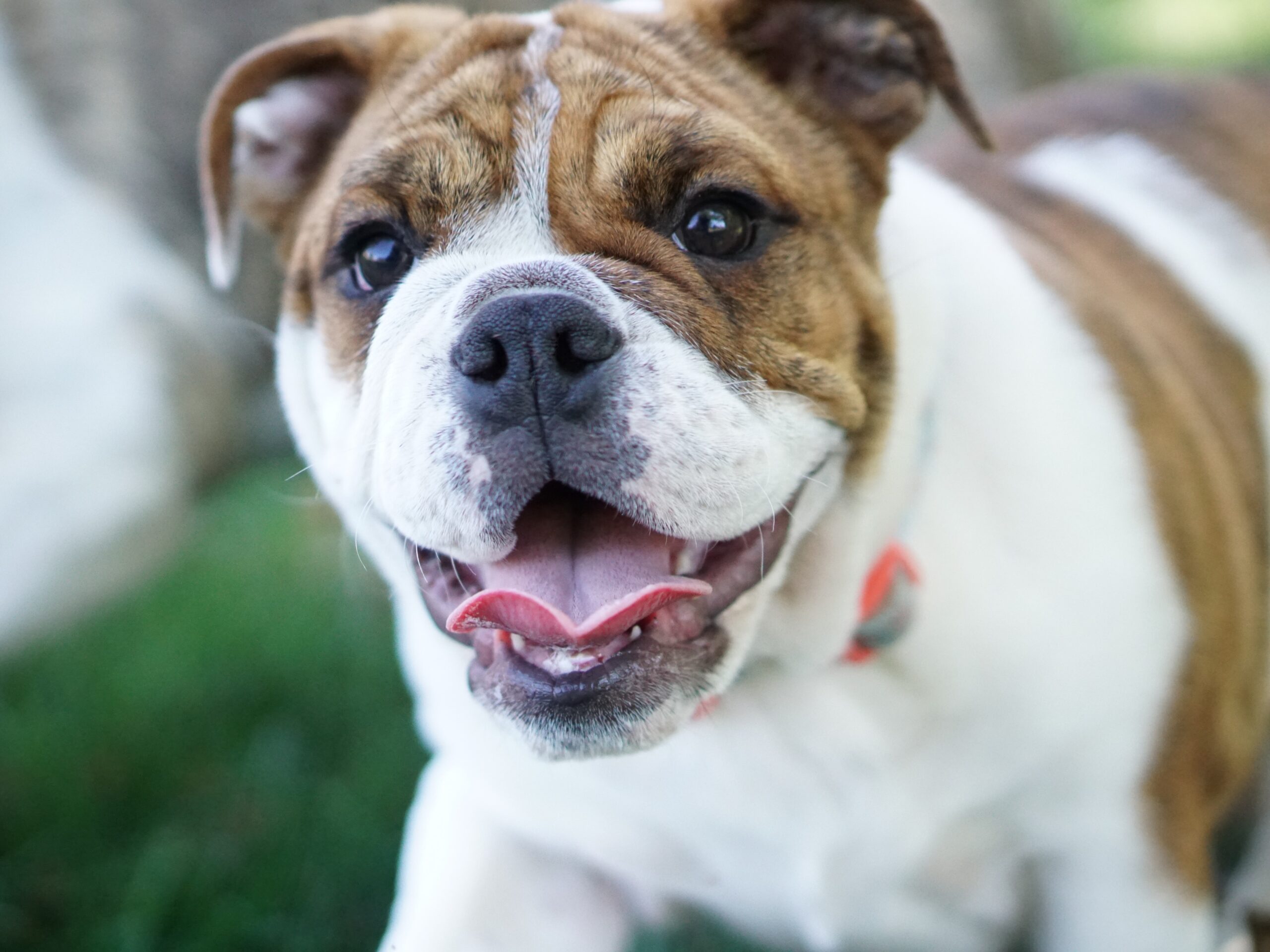In the world of canine companions, certain breeds have earned a reputation for being more aggressive than others. Breeds such as Rottweilers, Dobermans, and Pit Bulls often find themselves at the center of debates concerning their temperament. However, it’s essential to understand that labeling a breed as “aggressive” is an oversimplification. The behavior of an individual dog is influenced by various factors, including genetics, environment, and, most importantly, training. This article delves into the significance of proper training, especially for breeds perceived as aggressive.
1. Breaking Stereotypes
The stereotype that certain breeds are inherently dangerous has led to unfortunate consequences, including breed-specific legislation and bans. Proper training can help break these stereotypes by showcasing that these dogs can be as gentle and well-behaved as any other breed when raised in a loving environment with appropriate guidance.
2. Safety First
Regardless of the breed, any dog can pose a threat if not trained correctly. For breeds with a strong physique and powerful jaw, the damage they can inflict becomes even more significant. Proper training ensures that the dog understands boundaries, listens to commands, and can be controlled in unpredictable situations, ensuring the safety of both the dog and those around it.
3. Building Trust
A well-trained dog is a trustworthy dog. When a dog consistently follows commands and behaves predictably, it builds trust with its owner and with others. This trust is especially crucial for aggressive breeds, as it can alleviate the fears and concerns of neighbors, friends, and family.
4. Enhancing the Bond
Training is not just about obedience; it’s also an opportunity to strengthen the bond between the dog and its owner. Through consistent training sessions, the owner learns to understand their dog’s needs and behaviors, while the dog learns to respect and listen to its owner. This mutual understanding and respect lay the foundation for a strong, lifelong bond.
5. Mental Stimulation
Dogs, especially those from aggressive breeds, often have high energy levels. Training provides them with the mental stimulation they crave. A mentally stimulated dog is a happy dog, and a happy dog is less likely to exhibit aggressive or destructive behaviors.
6. Socialization
Proper training also involves socializing the dog with other animals and humans. Socialization teaches the dog how to behave around others, reducing the chances of aggressive outbursts. For breeds labeled as aggressive, positive interactions with other dogs and humans can help change public perception.
Labeling a breed as “aggressive” is a disservice to the countless dogs of that breed who are loving, loyal, and gentle. It’s crucial to remember that a dog’s behavior is less about its breed and more about its upbringing and training. Proper training can transform an “aggressive” breed into a well-behaved and cherished family member. As responsible dog owners, it’s our duty to provide our pets with the training and love they deserve, ensuring a harmonious coexistence with society.




